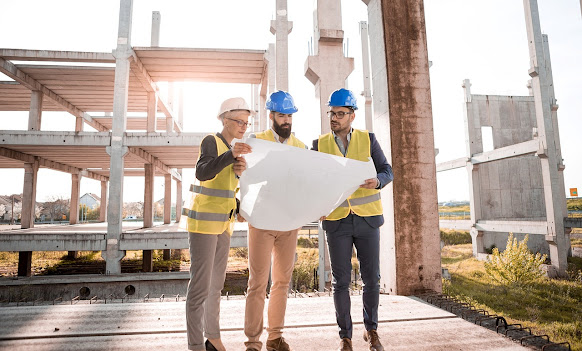Investing in preconstruction properties can be attractive for several reasons, but it also comes with its share of risks and considerations. Here's a breakdown of the pros and cons, as well as some additional factors to consider:
(Take a look at BNS Best in Business Home Builders and Renovators, Engineers/ Architects, Real Estate Agents and Mortgage Specialists)
Pros:
Price:
- Preconstruction properties are often priced lower than existing properties, which could lead to significant savings.
- There's potential for high returns on investment if property values in the area increase by the time the project is completed.
Customization:
- Buyers may have the opportunity to choose finishes, layouts, and other features according to their preferences.
Modern Features:
- Preconstruction properties are likely to have modern design, updated building codes, and newer amenities.
Warranty:
- New constructions often come with warranties that cover defects in workmanship and materials.
Potential Tax Benefits:
- Depending on the jurisdiction, there might be tax incentives for purchasing preconstruction properties.
Cons:
Delay and Cancellation Risk:
- Construction projects can face delays due to various factors including weather, labor shortages, or financial issues faced by the developer. In extreme cases, projects can be canceled.
Uncertainty:
- Market conditions could change between the purchase date and the completion date, which might affect the property's value and rental rates negatively.
Lack of Tangibility:
- Since the property doesn't exist yet, it's hard to get a feel for the finished product. There's a risk that the final product may not meet your expectations.
Financing Challenges:
- Some lenders may be hesitant to provide financing for preconstruction properties, or the terms may be less favorable compared to financing for existing properties.
Hidden Costs:
- There may be additional costs that arise, such as upgrades, development levies, or other unexpected expenses.
Additional Considerations:
Research the Developer:
- Look into the developer's track record, financial stability, and reputation in the industry.
Legal Advice:
- Seek legal advice to understand the contract, your rights, and any potential liabilities.
Location and Demand:
- Evaluate the location and the demand for properties in the area. Look for areas with planned infrastructure improvements or other developments that might increase property values.
Financial Assessment:
- Ensure that you have a clear understanding of your financial position, the total cost of the investment, and have a financial buffer for unforeseen expenses.
Exit Strategy:
- Have a clear exit strategy in place, whether that involves selling the property or renting it out.
Investing in a preconstruction property can be a smart move under the right circumstances, but it requires a well-informed decision based on thorough research, financial planning, and an understanding of the associated risks. It's advisable to consult with real estate and legal professionals to guide you through the process.

